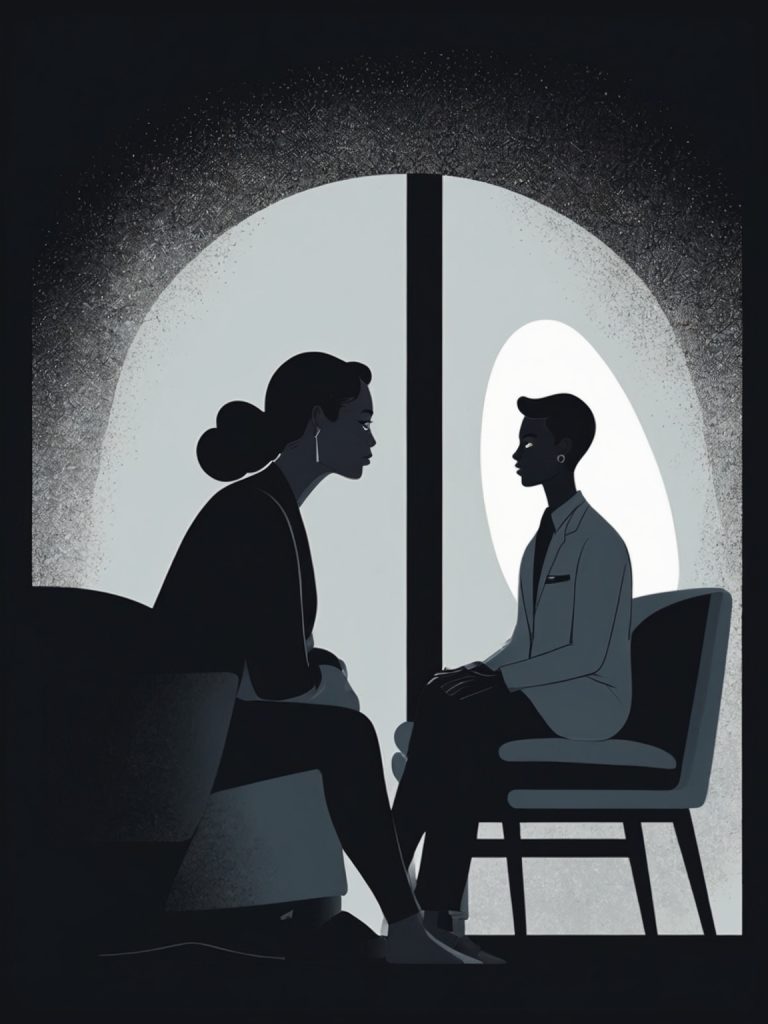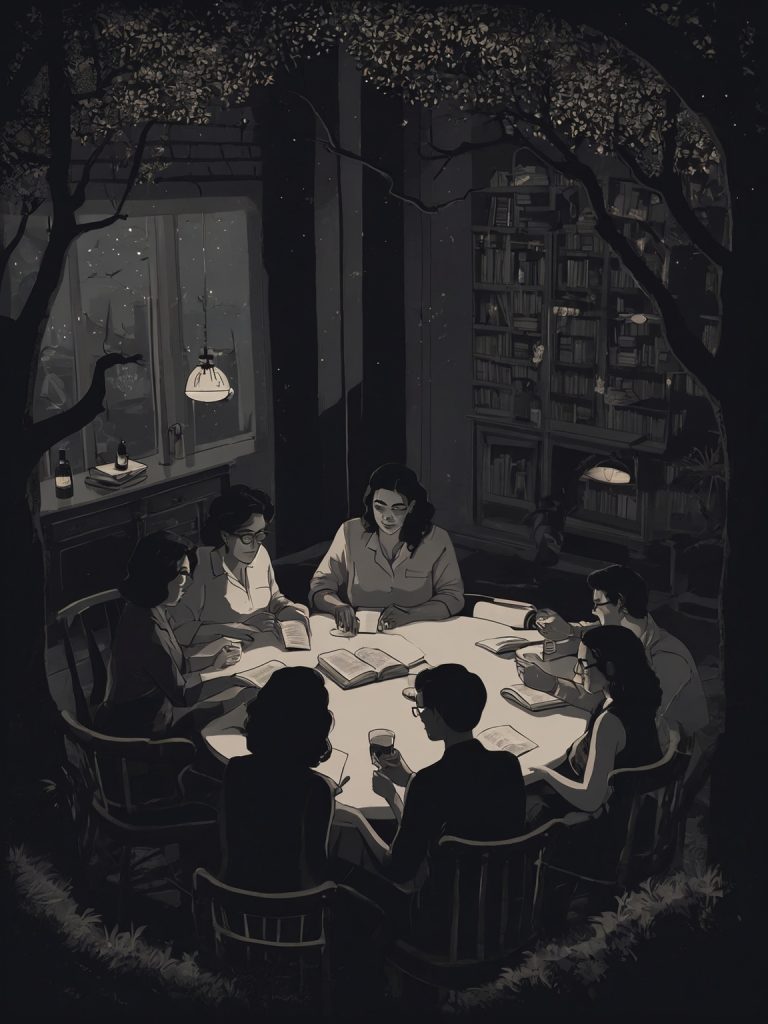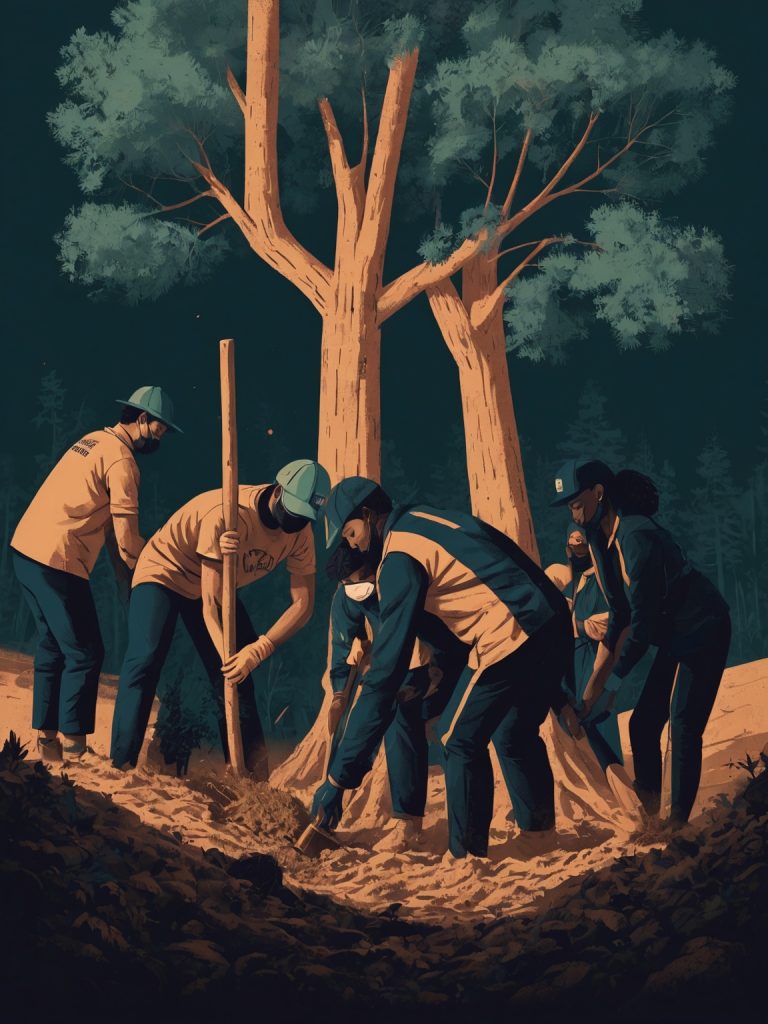This article goes beyond simply telling you the importance of connection. It provides actionable steps you can take to build stronger relationships and improve your overall well-being. You won’t find this practical advice anywhere else.
TL;DR
- Feeling disconnected is a common experience, but it can have negative consequences for our well-being.
- Strong connections provide us with love, support, a sense of belonging, and reduced stress.
- When we lack connection, we can experience loneliness, dissatisfaction, anxiety, and depression.
- There are steps you can take to build stronger connections, such as reconnecting with old friends, joining groups, volunteering, and developing your social skills.
- Professional help is available if you’re struggling to connect with others.

Have you ever scrolled through social media, surrounded by seemingly perfect connections, yet felt a pang of loneliness? That longing for connection you’re experiencing is a fundamental human need. It’s the desire to be seen, understood, and truly feel like you belong.
This longing can show itself in many ways. Maybe you crave close friendships that go beyond weekend brunches and surface-level conversations. Perhaps you seek a supportive romantic relationship, a partner in crime to share life’s adventures with. On a deeper level, you might yearn for a sense of belonging in a community that shares your values, or a spiritual connection that provides a sense of purpose and belonging to something bigger than yourself. Whatever form it takes, this desire for connection is a core part of who we are.
We all need connection to thrive.
Why Connection Matters

Strong connections are the cornerstones of our well-being. They provide us with a foundation of:
- Love and support: Feeling loved and supported by others is a powerful buffer against life’s challenges. It boosts our self-esteem, gives us a sense of security, and allows us to be vulnerable and authentic.
- A sense of belonging: Knowing we belong to a group or community can give us a sense of purpose and grounding. It combats feelings of isolation and reminds us that we’re part of something bigger than ourselves.
- Reduced stress and loneliness: Strong social connections can help buffer the effects of stress and reduce feelings of loneliness and isolation. Studies have shown that social connection can even have a positive impact on our physical health.
But what happens when we don’t feel connected?

When our need for connection isn’t met, we can experience a range of negative emotions, including:
- Loneliness: This is a feeling of sadness and isolation that can be incredibly painful. It can manifest as a constant ache or a hollowness that makes it difficult to enjoy life.
- Dissatisfaction: We might feel a general sense of dissatisfaction with our lives if we lack meaningful connections. It can feel like something is missing, a void that parties and achievements can’t fill.
- Anxiety and depression: Chronic loneliness can increase our risk of developing anxiety and depression. Feeling disconnected can make us feel unseen and unheard, leading to negative self-talk and a downward spiral.
Taking the First Step Towards Connection

If you’re feeling disconnected, the good news is that you are not alone in your desire for connection. Millions of people crave deeper connections, and the good news is there are steps you can take to build stronger connections in your life. Here are a few ideas to get you started:
- Reconnect with old friends or family: Sometimes life gets busy, and connections with loved ones can fade. Reach out to people you haven’t spoken to in a while and see if you can rekindle your connection. You might be surprised at how open they are to reconnecting.
- Join a club or group: There are groups for almost every interest imaginable, from book clubs and hiking groups to volunteer organizations and professional associations. Finding a group that shares your passions is a great way to meet new people and build connections based on shared interests.
- Volunteer your time: Giving back to your community is a rewarding way to connect with others who share your values and make a positive impact. Volunteering can also help you develop new skills and boost your self-esteem, making you a more confident connector.
- Develop your social skills: Sometimes, social anxiety or a lack of confidence can hold us back from forming connections. There are many resources available to help you develop your social skills and feel more comfortable in social situations. Consider taking a class, reading a book, or even watching online tutorials on conversation starters or active listening.
- Seek professional help: If you’re struggling to connect with others despite your efforts, a therapist can help you identify any underlying issues that might be getting in the way. They can also help you develop strategies for building stronger relationships and fostering a sense of belonging.

Remember, you are not alone in your desire for connection. By taking some initiative and putting yourself out there, you can build the meaningful connections you crave.
Ready to start building stronger connections? Here are some additional resources that you might find helpful:
- Building friendships:
- Websites: Bumble BFF (app for finding friends), Meetup (find groups based on interests)
- Apps: Hey! Vina (connecting women based on interests)
- Developing healthy romantic relationships:
- Books: “Attached” by Amir Levine (attachment styles), “Hold Me Tight” by Sue Johnson (communication in relationships)
- Articles: How to Practice Emotional Intelligence in Your Relationships: link to an article on emotional intelligence
Let’s work together to create a life filled with connection and belonging!







